Search
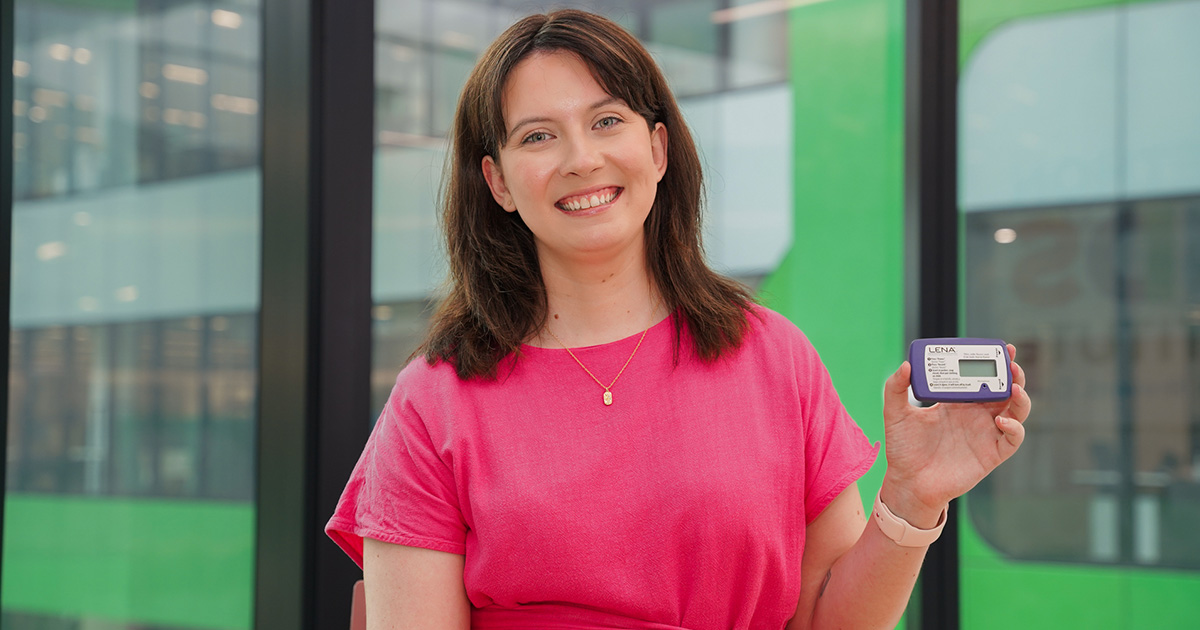
News & Events
Early childhood researcher a finalist in peak South Australian science awardsA The Kids Research Institute Australia researcher whose PhD studies highlighted the link between screen time exposure and toddlers’ language development has been named a finalist in South Australia’s Science Excellence and Innovation Awards.

News & Events
Researching support needs for dads with children in preterm careThe mental health and wellbeing of new fathers whose children end up in neonatal intensive care is the focus of a new project to be led by The Kids Research Institute Australia researchers, thanks to a $388,000 grant from Healthway.
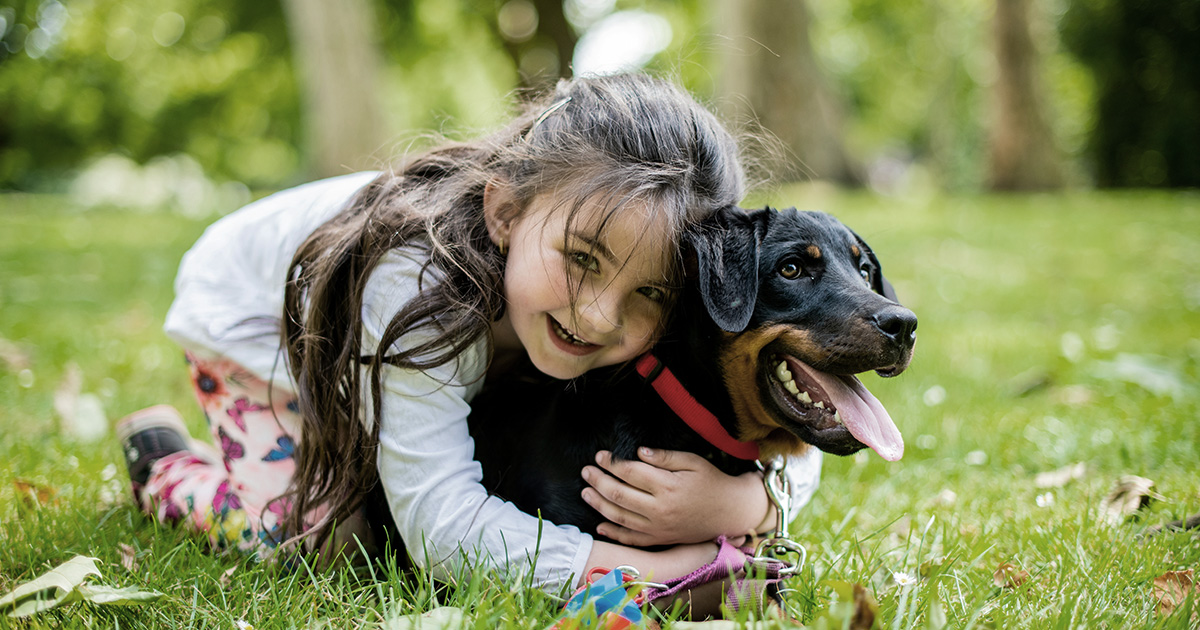
News & Events
Study finds link between family dog ownership and girls’ physical activityResearchers have found a clear link between the acquisition or loss of a family dog and the level of physical activity undertaken by children in the family, with the impact most noticeable in girls.
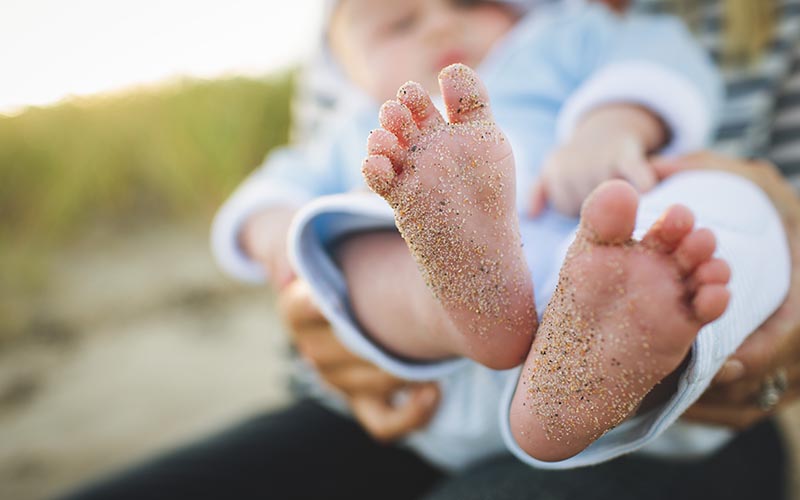
News & Events
Joint Statement: New names reflect growing impact of Telethon and its beneficiariesBy mutual agreement with the Channel 7 Telethon Trust (Telethon), The Kids Research Institute Australia and Telethon Speech and Hearing will both rebrand in 2024.
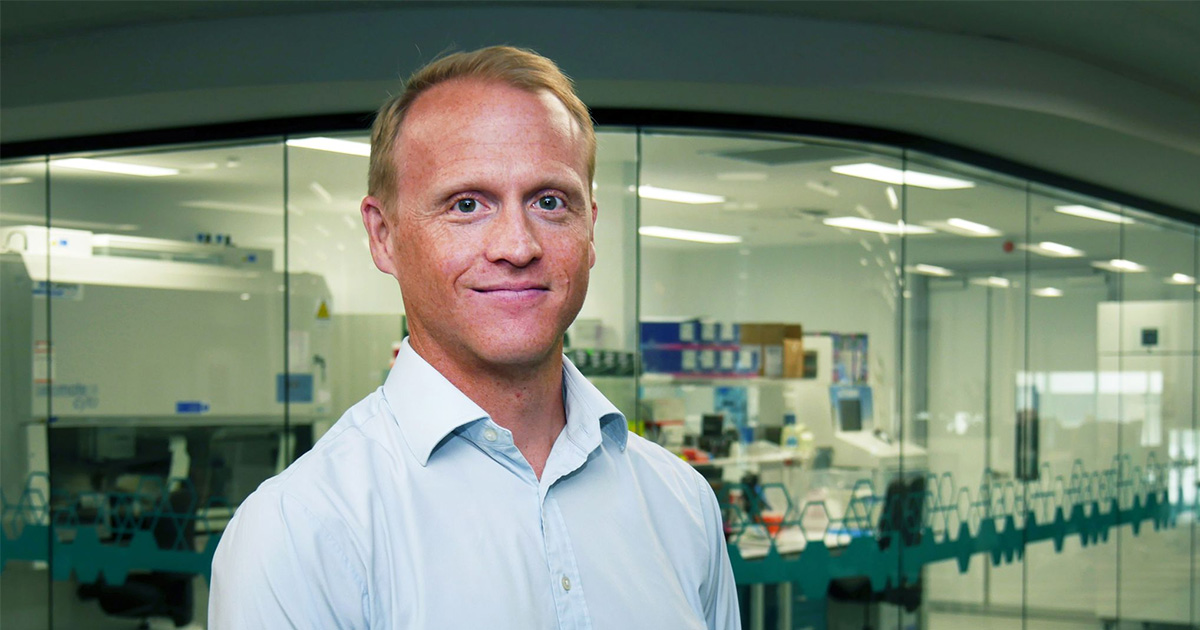
News & Events
Opinion: Modelling for the health of our next generationNearly 170 years ago a British doctor applied geospatial mapping to identify the source of a cholera outbreak in central London. Using a street map to plot the location of the homes of the sick, Dr John Snow was able to pinpoint a ‘ground zero’ for the outbreak – a contaminated water pump.

News & Events
Jonathan Carapetis: The smart money is on backing West Aussie medical researchAs a paediatrician and researcher, I witness on a daily basis the extraordinary benefits of Western Australian health and medical research to individual patients and the community.

News & Events
Government grants to support valuable new child health researchEight The Kids Research Institute Australia-led projects will benefit from the latest round of WA Child Research Fund (WACRF) grants, announced this week by Medical Research Minister Stephen Dawson.
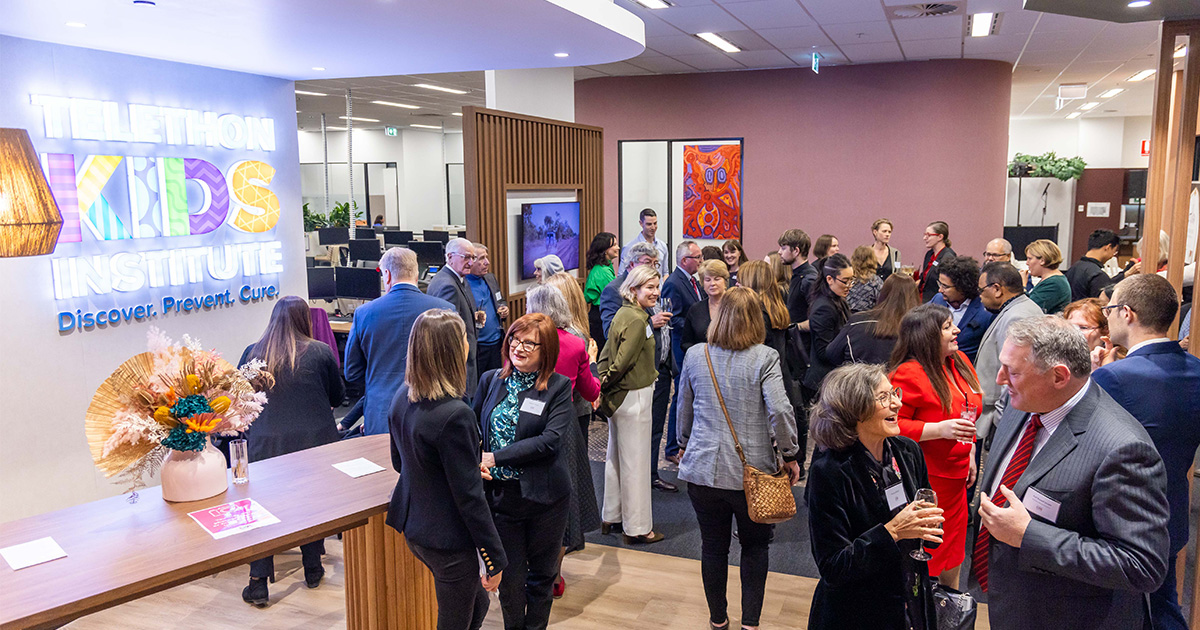
News & Events
The Kids Research Institute Australia to lead ground-breaking child health research in South AustraliaThe Kids Research Institute Australia's Adelaide facility has been officially opened by South Australian Premier Peter Malinauskas.
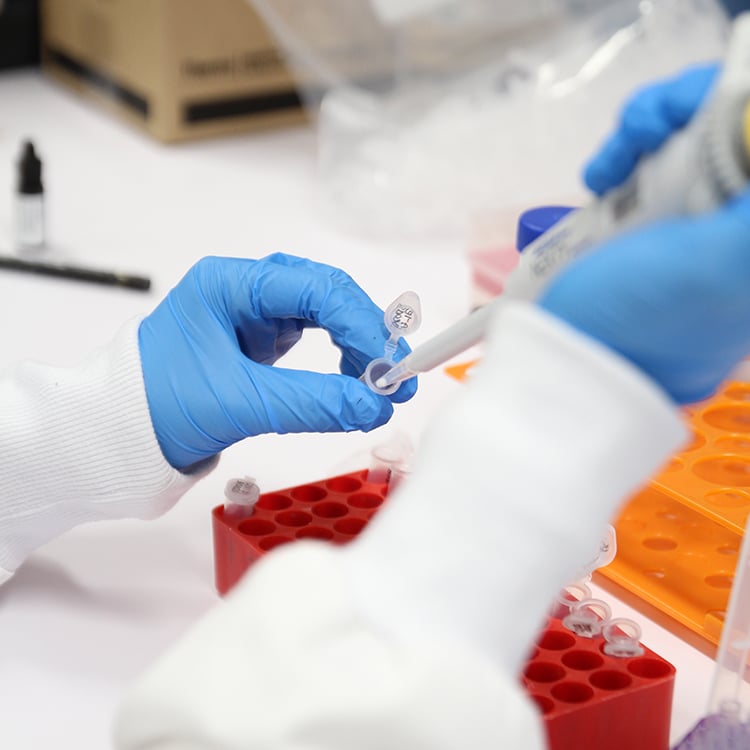
News & Events
Welcome boost to medical research and innovation in WAThe Kids Research Institute Australia has welcomed the State Government’s additional investment into the Future Health Research and Innovation Fund (FHRI), which supports key medical research, innovation and commercialisation in Western Australia.

News & Events
World-first clinical trial in ‘man’s best friend’ could unlock treatment breakthrough for kids with cancerThe Kids Research Institute Australia is leading a unique clinical trial in pet dogs that could pave the way for a new immunotherapy treatment for one of the most common childhood cancers, Sarcoma.
